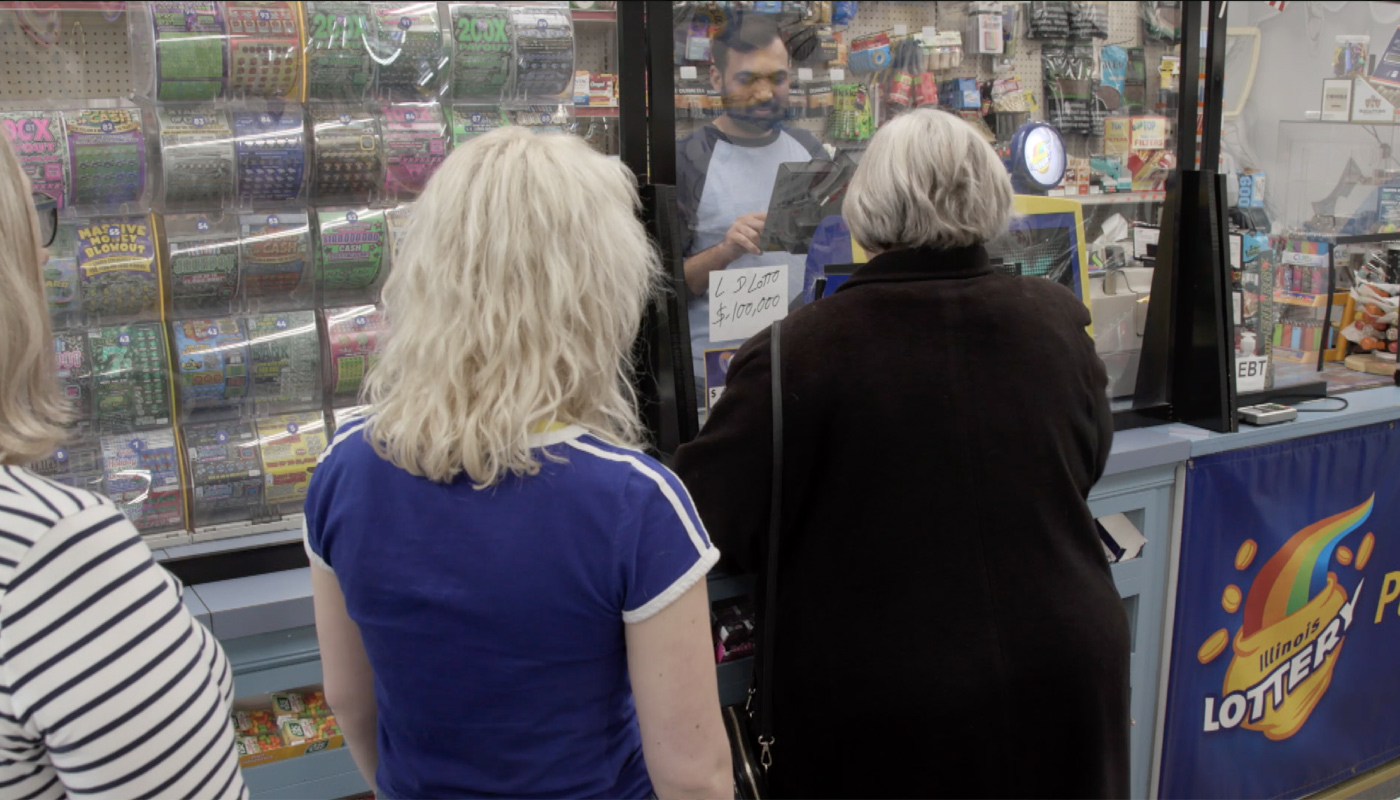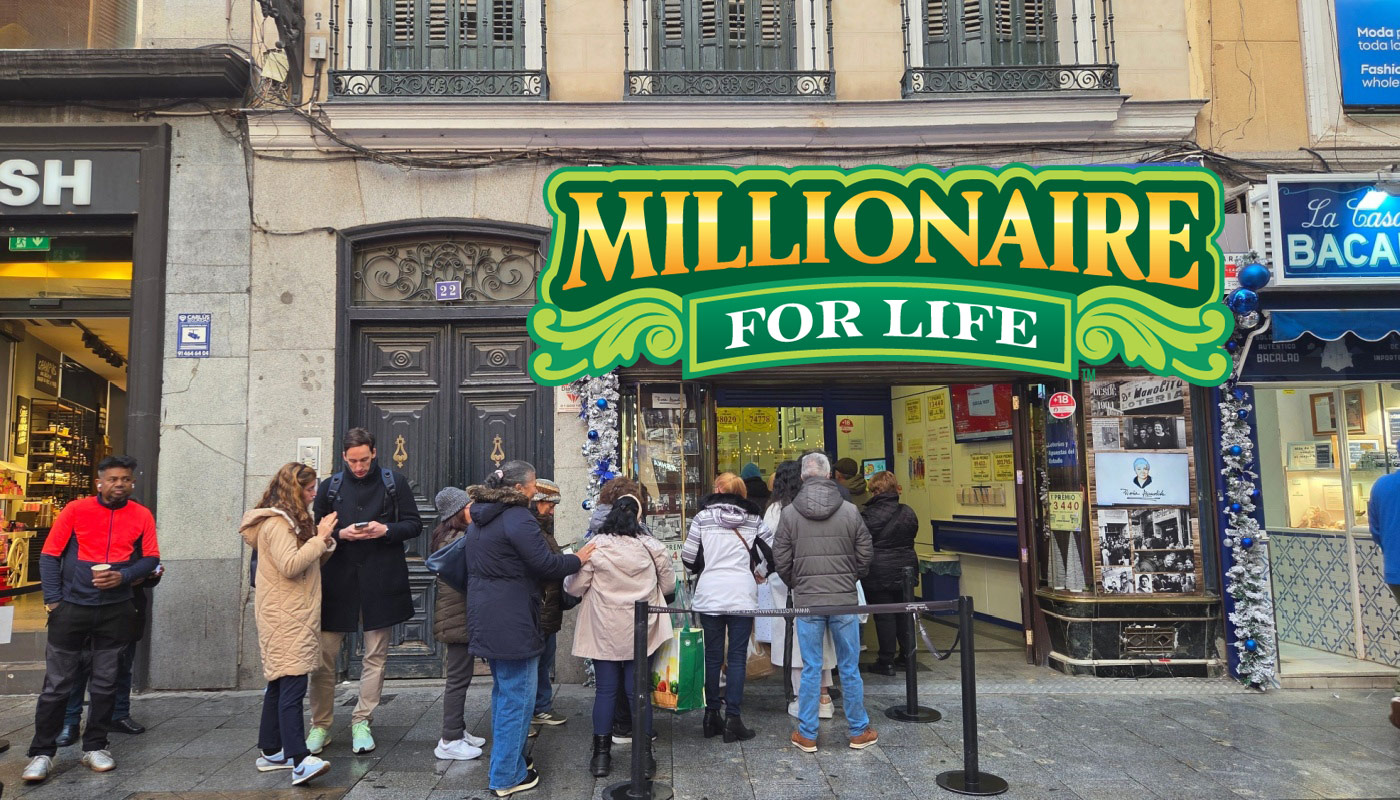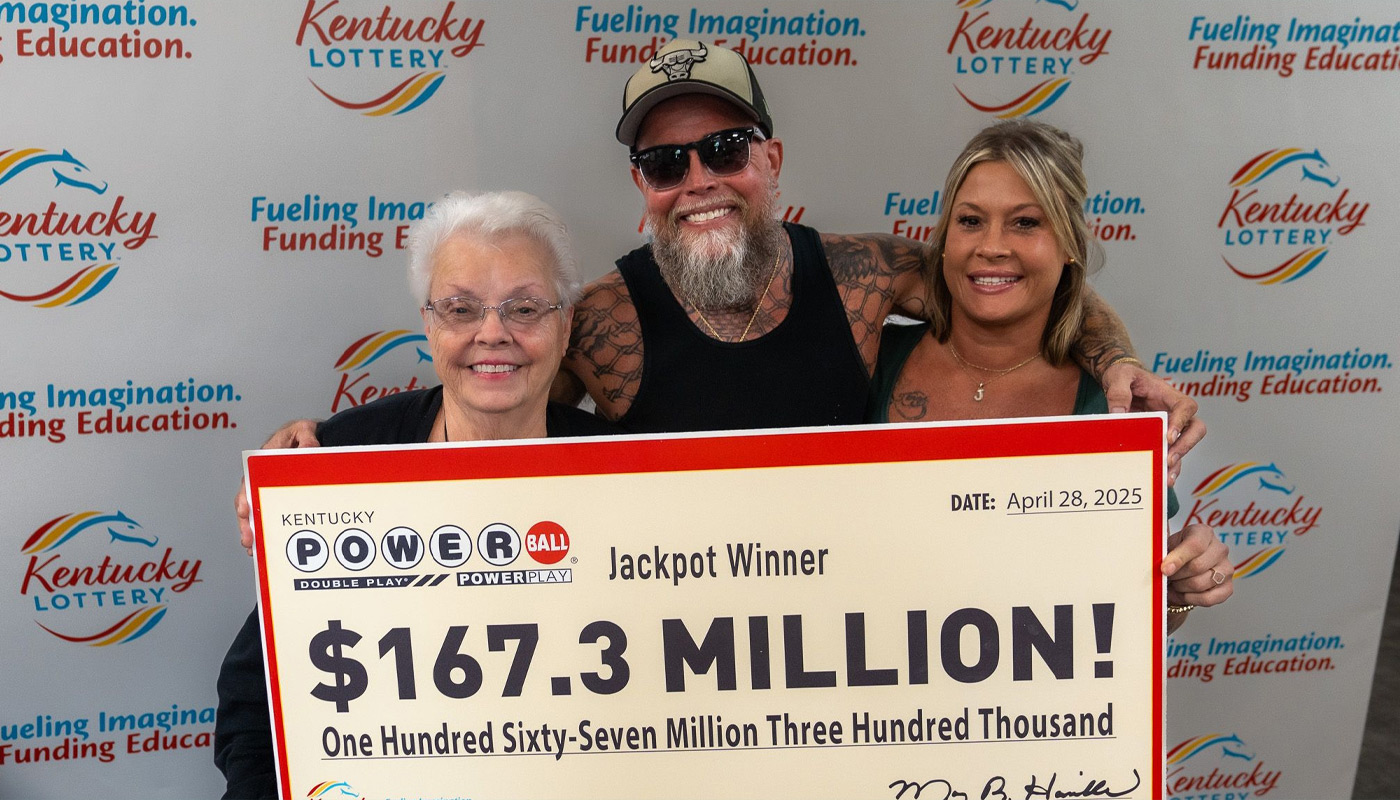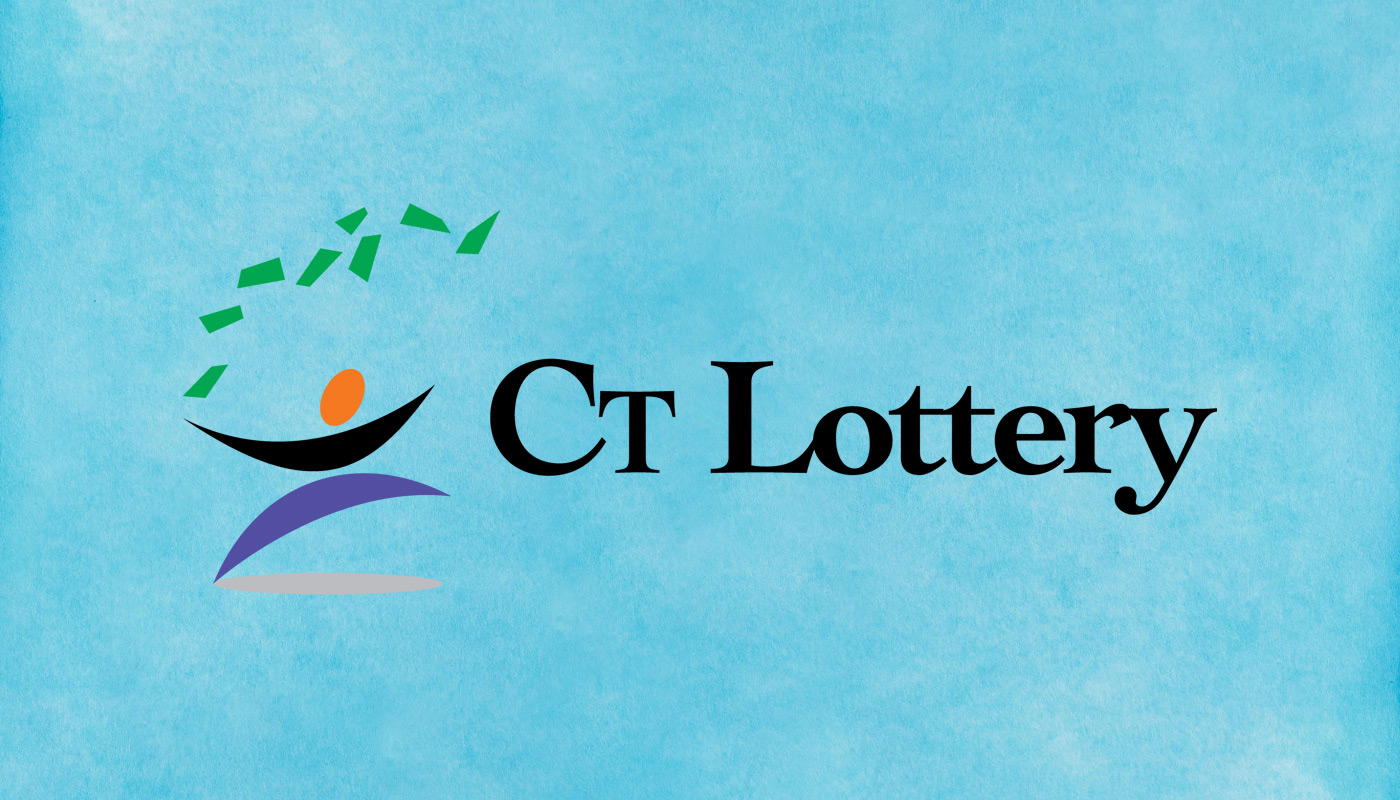
News writer, Interviewer
Last year, lottery fever gripped the nation five times over. Each billion-dollar jackpot brought crowds, chaos, and dreams of instant wealth.
This year (so far) has delivered just one billion-dollar jackpot.
That drought hammered state lottery revenues across the country. Pennsylvania lost $292 million in draw game sales. New Jersey's total sales dropped $288 million. The culprit? Powerball and Mega Millions simply didn't climb to the heights that drive casual players to retailers.
But here's the twist: some states broke records anyway.
The numbers tell the story
New Jersey generated $3.34 billion in fiscal year 2025. Strong performance, right? Look closer. Sales declined 7.9% from the previous year.
In the Garden State, Powerball sales dropped $202.3 million. Mega Millions fell $69.56 million. Those two games alone account for most of the year-over-year decline.
Pennsylvania's situation also looked grim. Draw game sales tumbled 19.9% to $1.1 billion. That amounts to $292 million disappearing in a single fiscal year.
The pattern holds across multiple states. Massachusetts saw Powerball sales drop $121.1 million. Mega Millions fell another $36.4 million.
Why does this matter so much? Jackpot games drive foot traffic. When prizes soar past $500 million, even non-players buy tickets. Remove those mega jackpots, and state lotteries lose their most powerful marketing tool.
Scratch tickets couldn't save the day
Giant jackpots grab headlines. Scratch tickets pay the bills.
New Jersey's scratch-off games produced $1.8 billion in sales during fiscal 2025. These instant games remain players' favorite category. Pennsylvania sold $2.9 billion worth of scratch-offs, representing 67% of traditional sales.
But even these reliable workhorses stumbled.
Pennsylvania's scratch ticket sales dropped $191 million, a 6.2% decline from the previous year. Iowa's scratch tickets fell 4%.
What's happening? Competition from other gaming options intensifies each year. Online sports betting platforms advertise constantly. Casino apps offer instant gratification. Pennsylvania officials cite the state's "highly saturated gaming market" as a major challenge.
Scratch tickets can't compensate for the loss of billion-dollar jackpot excitement. They perform steadily, but they don't create the frenzy that drives occasional players to purchase tickets.
How did some states break records anyway?
Not every state struggled. Some found creative solutions.
Iowa Lottery exceeded budget projections despite losing $55 million in sales. The state hit $434.9 million in revenue and delivered $86 million in proceeds. Smart budgeting accounted for the jackpot drought before it happened.
Massachusetts found salvation in an unexpected place. While Powerball and Mega Millions faltered, Keno broke records with $1.285 billion in sales. That single game category compensated for massive jackpot game losses.
New Jersey found bright spots in smaller games. Jersey Cash 5 reached $176 million in sales. Cash Pop saw a 10% increase.
What separates winners from losers? Diversification and realistic planning. States that relied too heavily on jackpot games suffered the most. States with strong secondary game portfolios weathered the storm better.
The Pennsylvania playbook rewrite
Pennsylvania Lottery crossed the billion-dollar finish line for the 14th straight year. But officials know they got lucky. Traditional lottery sales dropped sharply across all categories.
Pennsylvania passed new legislation lowering required profit margins. This change allows the lottery to offer higher-payout games and compete more effectively with casinos and sports betting platforms.
What happens when jackpots return?
Here's the plot twist: the jackpots are back.
Mega Millions currently sits at $965 million. Powerball stands at $546 million. Both jackpots are climbing fast.
Remember September 2025? The Powerball jackpot hit $1.79 billion, the second-largest in game history. Two tickets split the prize, one sold in Missouri, one in Texas. That single drawing created almost 10 million winning tickets and pumped millions into state programs.
Will this jackpot run rescue struggling state lotteries? Time will tell.
The real question nobody's asking
What happens during the next jackpot drought?
State lotteries face a fundamental problem. Their most powerful revenue driver arrives randomly and unpredictably. They can't manufacture billion-dollar prizes on demand.
The jackpot disappeared once. It returned. It might disappear again.
What will state lotteries do next time?















Comments